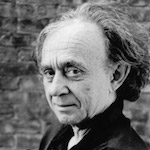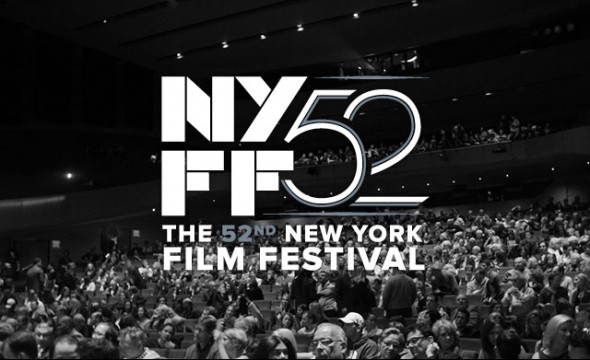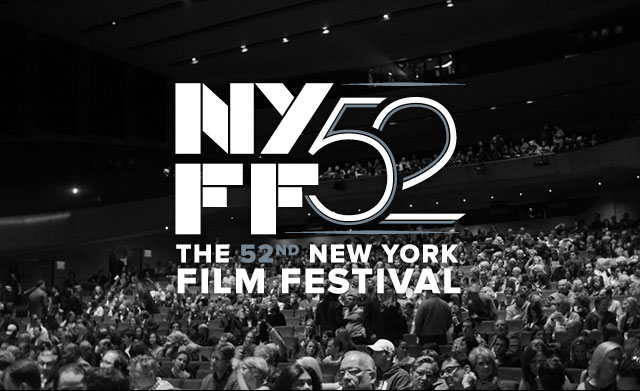Law and Order
Frederick Wiseman, 1969
USA | Format: 16mm| 81 minutes
Against a backdrop of American cities riven by racial injustice and class inequality, soaring crime rates and unemployment, and a volatile mistrust of cops and judges, Wiseman made this thoughtful, measured, and often surprising film about the police department in Kansas City, Missouri. Weighing difficult questions of morality and justice, Wiseman goes beyond simplistic depictions of the police as an abusive authoritarian force. Though he does not gloss over scenes of racism and police brutality, his nuanced portrait of law enforcement also offers moments of compassion, comfort, and helplessness. — Museum of Modern Art
Law & Order surveys the wide range of work the police are asked to perform: enforcing the law, maintaining order, and providing general social services. The incidents shown illustrate how training, community expectations, socio-economic status of the subjects, the threat of violence, and discretion affect police behavior. The film finds special relevance in light of the recent protests around the use of deadly force by police in NYC and in Ferguson, Missouri.
 Frederick Wiseman, an original and prolific documentary filmmaker, is the creator of over 30 films. He explores institutions that are part of contemporary society. Wiseman has earned wide acclaim and critical respect for his unique approach, which avoids such filmmaking conventions as narration, interviews and added music. Wiseman’s filmmaking career began in 1967 with Titicut Follies, a look at conditions inside the Bridgewater State Prison for the Criminally Insane. The only American film ever censored for reasons other than obscenity or national security, Titicut Follies was banned for 24 years by the Commonwealth of Massachusetts until the ruling was overturned in 1991. In the decades since, Wiseman has made films about many key institutions of the late 20th century. His latest film, National Gallery, will have its U.S. Premiere at the 2014 NYFF.
Frederick Wiseman, an original and prolific documentary filmmaker, is the creator of over 30 films. He explores institutions that are part of contemporary society. Wiseman has earned wide acclaim and critical respect for his unique approach, which avoids such filmmaking conventions as narration, interviews and added music. Wiseman’s filmmaking career began in 1967 with Titicut Follies, a look at conditions inside the Bridgewater State Prison for the Criminally Insane. The only American film ever censored for reasons other than obscenity or national security, Titicut Follies was banned for 24 years by the Commonwealth of Massachusetts until the ruling was overturned in 1991. In the decades since, Wiseman has made films about many key institutions of the late 20th century. His latest film, National Gallery, will have its U.S. Premiere at the 2014 NYFF.

Kent Jones is the Director and Selection Committee Chair of the NYFF. Jones began in programming with Bruce Goldstein at Film Forum, and served as the American representative for the Rotterdam International Film Festival from 1996 to 1998. From 1998 to 2009, he was Associate Director of Programming at The Film Society of Lincoln Center, and from 2002 to 2009 he served on the New York Film Festival selection committee. He has also served on juries at film festivals around the world, including Rotterdam, Buenos Aires, San Francisco, Venice and Cannes. In 2009, he was named Executive Director of The World Cinema Foundation, and in 2012 he rejoined the NYFF as the Director of Programming.

Frederick Wiseman at the 2014 New York Film Festival:
National Gallery
Frederick Wiseman, 2014
USA/France | Format: DCP | 180 minutes
U.S. Premiere
Frederick Wiseman’s glorious new film is about the energies of, and around, painting—discussing, framing, mounting, lighting, repairing, restoring, creating, and, perhaps most of all, looking at painting. This is a film of color, light, and sensuous action, in the artwork on the walls and within the universe of London’s great National Gallery itself. In fact, the dividing line between the paintings and the life around them dissolves almost immediately, as Wiseman attunes us to pure response: the individual’s response to the paintings, the painter’s response to the subject at hand, the filmmaker’s response to the people, activities, and light around him. There are discussions of budgetary concerns and social media, but the film and the people within it are always drawn back to the magnetic power of the art itself. National Gallery is a film of faces: the faces of those looking and the faces of those who look back from the canvases, in an endless, joyful exchange. – NYFF
Sun, Oct 5 at 4:00pm | Walter Reade Theater | Ticket Info







